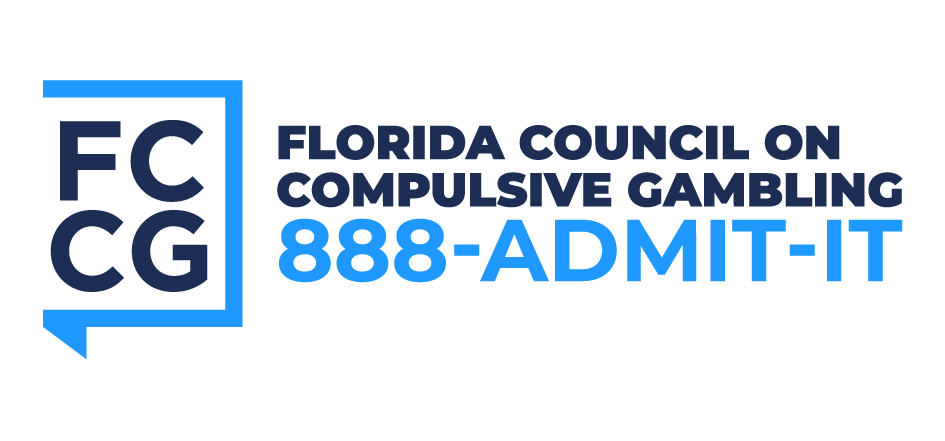Why Mental Health Awareness Month Must Include Recognition of Gambling Disorder
Problem gambling was first classified as a psychiatric disorder in 1980[1]. Currently, gambling disorder is classified in the DSM-V as a behavioral addiction characterized by the inability to stop gambling. Those who suffer from gambling disorder experience a wide range of severe life impacts, including significant levels of debt; relationship problems; illegal acts to fund continued gambling; legal consequences like foreclosure, eviction, and divorce; and homelessness. Not surprisingly, mental health problems like anxiety, depression, and even suicidal ideation and attempts often accompany problem gambling due to the immense pressure placed on the individual and those closest to them. That’s why it’s imperative that we take time to recognize gambling addiction during Mental Health Awareness Month, at a time when mental health conditions are already on the rise, due in part to the COVID-19 pandemic [2]. It is important to note that problem gambling can be the cause and effect of mental health problems. For some, gambling becomes an “escape” from other life problems, leading to a downward spiral of gambling addiction develops as a result. The good news is that help and hope are available for anyone facing problems with gambling through FCCG’s 24/7 Confidential and Multilingual 888-ADMIT-IT HelpLine.
Past-year data on contacts to the 888-ADMIT-IT Problem Gambling HelpLine demonstrate the effect that gambling has on mental health, emotional, and domestic difficulties, with more than 65% of problem gamblers experiencing anxiety and depression and upwards of 75% reporting resulting family conflict [3].
Problem gambling does not discriminate and can affect anyone from any age and gender. It is important for society to raise awareness on the serious mental health impacts that problem gambling can cause and, most importantly, how to access available help and hope for recovery. The 888-ADMIT-IT HelpLine offers resources for the gambler, as well as for concerned loved ones, such as connection to self-help supports and groups, referrals to certified treatment providers, and much more, specific to the help seeker’s situation.
For anyone suffering from the financial impacts of problem gambling, help and hope can be found through FCCG’s 24/7 Confidential and Multilingual 888-ADMIT-IT HelpLine. The HelpLine can also be reached by texting 321-978-0555, starting a live chat at gamblinghelp.org, emailing fccg@gamblinghelp.org, and messaging the FCCG on social media platforms, such as Facebook and Twitter. Get connected to the resources that make a difference and know that recovery is possible!
[1] Bates, M. (n.d.). Gambling Addiction and the Brain. BrainFacts.org. https://www.brainfacts.org/diseases-and-disorders/addiction/2015/gambling-addiction-and-the-brain#:~:text=Problem%20gambling%20was%20first%20classified%20as%20a%20psychiatric%20disorder%20in%201980.
[2] 2021 State of Mental Health in America. Mental Health America. (n.d.). https://www.mhanational.org/research-reports/2021-state-mental-health-america.
[3] Citation from report: Compiled from FY 2019-2020 Florida Council on Compulsive Gambling 888-ADMIT-IT HelpLine data (2021). The Florida Council on Compulsive Gambling.

